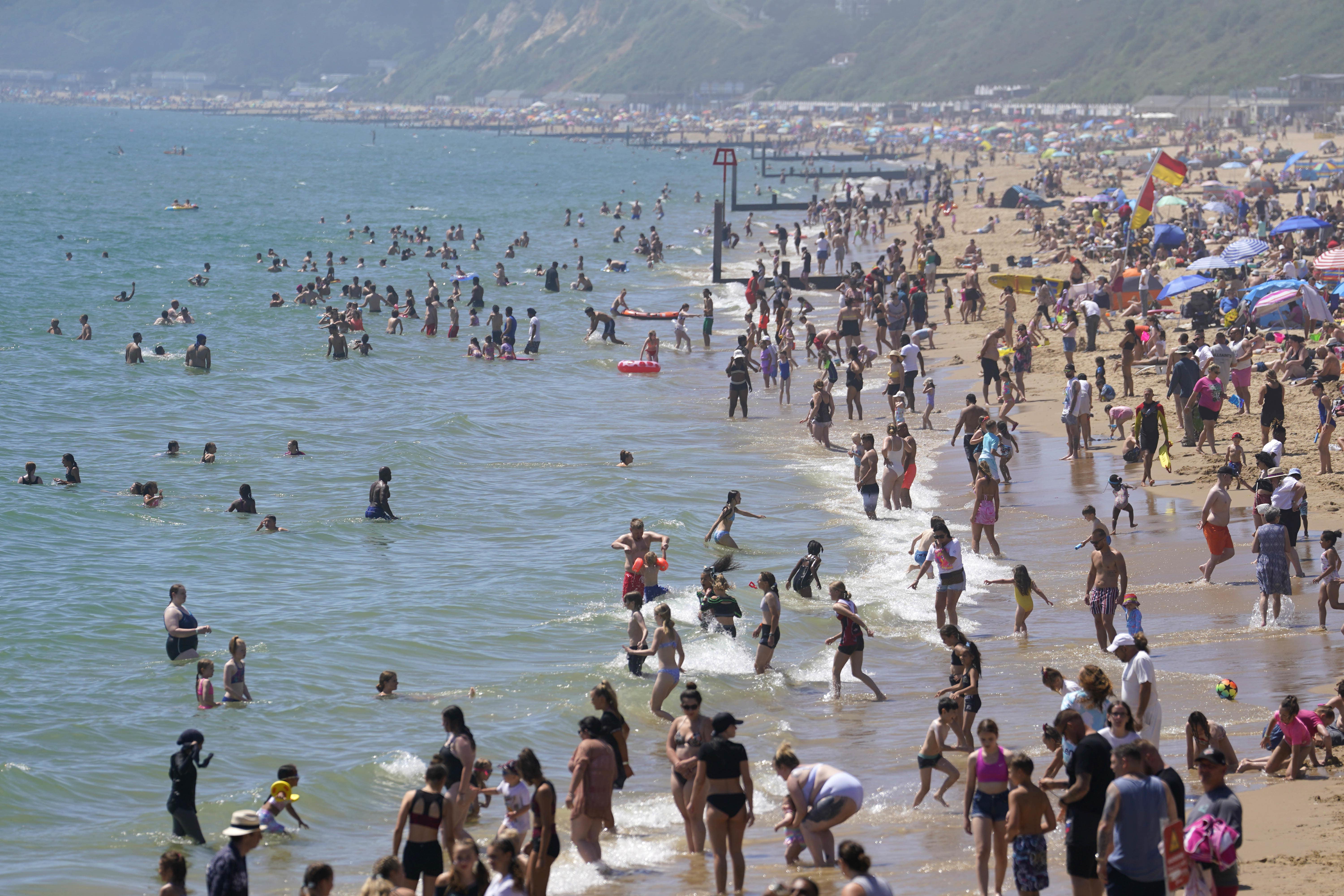Warning as skin cancer cases reach record high
A particular increase has been seen among over 55s.

Your support helps us to tell the story
From reproductive rights to climate change to Big Tech, The Independent is on the ground when the story is developing. Whether it's investigating the financials of Elon Musk's pro-Trump PAC or producing our latest documentary, 'The A Word', which shines a light on the American women fighting for reproductive rights, we know how important it is to parse out the facts from the messaging.
At such a critical moment in US history, we need reporters on the ground. Your donation allows us to keep sending journalists to speak to both sides of the story.
The Independent is trusted by Americans across the entire political spectrum. And unlike many other quality news outlets, we choose not to lock Americans out of our reporting and analysis with paywalls. We believe quality journalism should be available to everyone, paid for by those who can afford it.
Your support makes all the difference.The boom of cheap package holidays in the 1960s has been linked to a rise in a serious type of skin cancer among older adults, a charity has suggested.
Cancer Research UK said that melanoma skin cancer diagnoses across all age groups have reached a record high – with 17,500 people diagnosed each year in the UK.
The charity pointed to a particular rise in cases among adults aged 55 and over.
Case rates among this age group have risen by 195% since the 1990s – between 1993 and 1995 21.3 people aged 55 and over were diagnosed with melanoma out of every 100,000, this rose to 62.9 cases per 100,000 in 2017-2019.
“The rise in rates in over-55s is likely to be linked to trends to have tanned skin and the cheap package holiday boom dating from the 1960s before people became more aware of skin cancer,” the charity said.
Other factors could also be at play, including a growing and ageing population as well as more people getting their skin checked when they notice changes.
The charity has estimated that across all age groups, melanoma skin cancer cases could increase by around 50% over the next 20 years, hitting a record 26,500 a year by 2040.
The best way to protect your skin when the sun is strong is to spend time in the shade, especially between 11am and 3pm in the UK, and to cover up with a T-shirt, hat and sunglasses.
But despite the rise in cases, deaths from the disease are decreasing, it said.
CRUK said that early diagnosis and treatment means that more people than ever will survive the disease.
Cancer Research UK’s chief executive Michelle Mitchell said: “Our new analysis paints a mixed picture for cancer patients and the staff who care for them – while it’s promising that more people are seeking treatment for skin cancer earlier and survival is improving, it’s alarming that cases of the disease could soar over the coming years.
“Melanoma is the UK’s fifth most common cancer, and we know that 86% of these skin cancers could be prevented.
“It’s important to take care in the sun and to contact your GP if you notice any unusual changes to your skin – it’s not just changes to a mole that matter, it could be a sore that doesn’t heal or any unusual changes to an area of your skin. Spotting cancer early can make all the difference.”
Cancer Research UK’s head of health and patient information Dr Julie Sharp added: “Whether you are holidaying abroad or enjoying the good weather closer to home, it’s important to take steps to reduce your risk of skin cancer, especially if you burn easily. And remember sunburn doesn’t just happen on the hottest days, you can still get burnt when it’s cloudy.
“The best way to protect your skin when the sun is strong is to spend time in the shade, especially between 11am and 3pm in the UK, and to cover up with a T-shirt, hat and sunglasses. Wearing sunscreen will also help you stay safe in the sun. Make sure you put plenty on and reapply it regularly.”
A new mole or a change in an existing mole may be signs of melanoma.